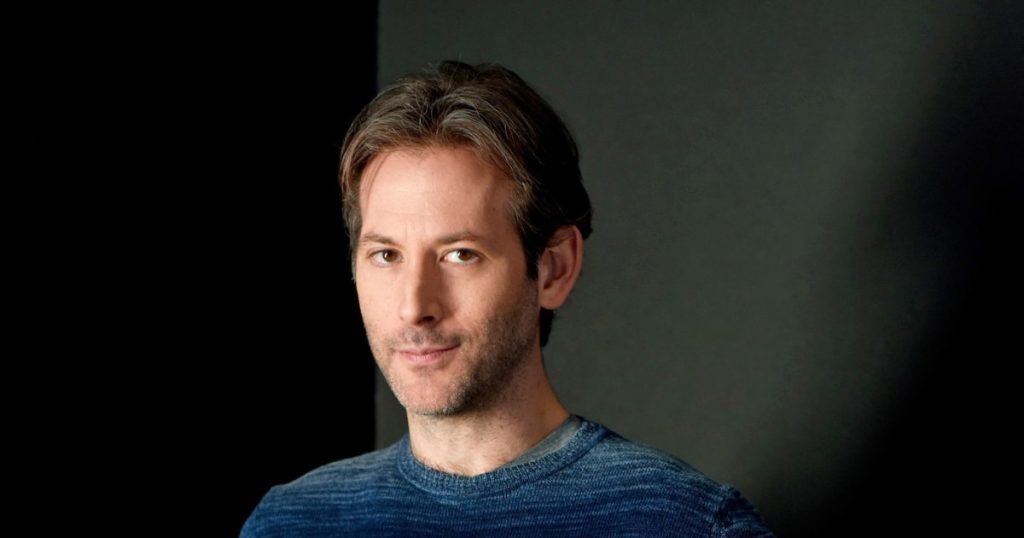Jeff Baena’s Legacy: A Deep Dive into ‘Horse Girl’ and the Director’s Personal Connection to Mental Illness
The sudden passing of filmmaker Jeff Baena has left a void in the independent film community, prompting a renewed appreciation for his work, particularly the 2020 film Horse Girl. This poignant and unsettling film, co-written by Baena and actress Alison Brie, delves into the complexities of mental illness, a subject deeply personal to both creators. Baena, in a candid Reddit Q&A session prior to the film’s release, revealed that the inspiration stemmed from his family’s own experiences with mental health struggles. He specifically cited his stepmother’s battles with manic depression and the impact it had on his understanding of the illness. This personal connection imbued Horse Girl with a unique authenticity, allowing it to transcend typical cinematic portrayals of mental illness and delve into the often-misunderstood nuances of these conditions.
Horse Girl centers around Sarah, played by Brie, a socially awkward young woman with a deep fascination for horses and supernatural crime shows. As Sarah’s grip on reality gradually loosens, the line between her dreams and waking life blurs, leading her down a disorienting and increasingly disturbing path. The film’s narrative mirrors the disjointed and often terrifying experiences of those grappling with mental illness, offering a glimpse into the internal struggles that frequently remain hidden from the outside world. Brie, too, brought her personal history to the project, drawing on her grandmother’s experiences with schizophrenia. This shared personal investment from both Baena and Brie is evident in the film’s sensitive and nuanced portrayal of mental health.
Baena’s focus on mental illness in Horse Girl was not intended as activism, but rather as an exploration of the societal and individual responses to these conditions. He sought to highlight the complexities of mental illness, moving beyond simplistic depictions and stereotypes. This commitment to portraying the multifaceted nature of mental health challenges aligns with the growing movement towards destigmatizing mental illness and fostering greater understanding and empathy. The film’s narrative structure, which intentionally disorients the viewer, reflects the often-confusing and isolating experience of individuals living with these conditions.
Beyond Horse Girl, Jeff Baena’s career encompassed a range of projects, showcasing his versatility as a filmmaker and screenwriter. His work on films like Life After Beth and I Heart Huckabees demonstrated his ability to blend humor and existential themes, crafting narratives that resonate with audiences on multiple levels. While Horse Girl stands out for its deeply personal connection to Baena’s life, his entire body of work reflects a creative mind unafraid to explore complex and often uncomfortable truths about the human condition. His dedication to independent filmmaking allowed him to pursue unique and often challenging projects, contributing to the richness and diversity of the independent film landscape.
The news of Baena’s passing has sent shockwaves through the film community, prompting an outpouring of grief and tributes from colleagues and fans alike. His wife, actress Aubrey Plaza, with whom he shared a relatively private relationship, has requested privacy during this difficult time. While the circumstances surrounding his death are undoubtedly tragic, it is crucial to remember the importance of seeking help for mental health struggles. Resources like the 988 Suicide & Crisis Lifeline are available to provide support and guidance to those in need. Baena’s passing underscores the urgency of prioritizing mental health and ensuring that individuals have access to the resources and support they deserve.
Jeff Baena’s legacy extends beyond his filmography. He leaves behind a body of work that encourages dialogue about important societal issues, particularly the often-stigmatized topic of mental illness. Horse Girl stands as a testament to his commitment to portraying the human experience with honesty and sensitivity, offering a glimpse into the internal struggles often hidden beneath the surface. As we remember Baena’s contributions to the world of film, let us also honor his legacy by continuing to advocate for greater understanding and support for those struggling with mental health challenges. His work serves as a reminder of the importance of empathy, compassion, and open communication in addressing these crucial issues.

